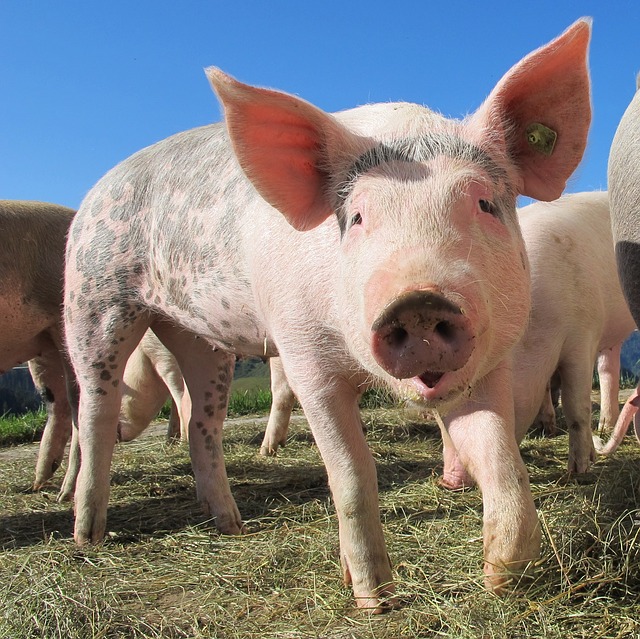Officials with the Chinese Ministry of Agriculture (computer translated) have reported the first outbreak of African swine fever in the country.
47 infected pigs were found dead in a local pig farm in Shenbei New District, Shenyang City, Liaoning Province. This is also the first reported case in East Asia.

The virus was laboratory confirmed by the China Animal Health and Epidemiology Center, National Research center for exotic animal diseases.
According to the World Organization for Animal Health (OIE), another 8,000 swine from the farm were killed and disposed of.
The local government launched the African Swine Fever Contingency Plan and Emergency Response Level II, according to the Standards & Protocols for African swine fever. A series of control measures have been taken.
African Swine Fever (ASF) is a highly contagious, generalized disease of pigs caused by an Iridovirus of family Asfarviridae that exhibits varying virulence between strains and is very hardy to physical and chemical inactivation. The agent can remain viable for long periods in blood, feces and tissues. It can also multiply in its vectors.
It most commonly appears in the acute form as a hemorrhagic fever. Subacute and chronic forms of the disease also exist. Mortality is usually close to 100 percent and pigs of all ages are affected.
ASF is considered endemic in most countries in sub-Saharan Africa. It is now established beyond Africa, in the Caucasus and Eastern Europe. In the past, the virus was already detected outside Africa from the 1950s to the 1980s in Europe, the Caribbean and Brazil. The disease was effectively eradicated from outside of Africa with the exception of the Italian island of Sardinia, which remains endemic.
ASF poses no threat to humans.
Alabama: 3 horses test positive for Eastern Equine Encephalitis
Kenya launches 10-year program to eradicate Peste Des Petits Ruminants
Stray cattle derail Botswana’s fight against FMD outbreak
Plague: 2nd cat in Elmore County, Idaho contracts the disease
Zimbabwe loses 3,000 cattle to tick-borne diseases



2 thoughts on “African swine fever reported in China, First reported case in East Asia”